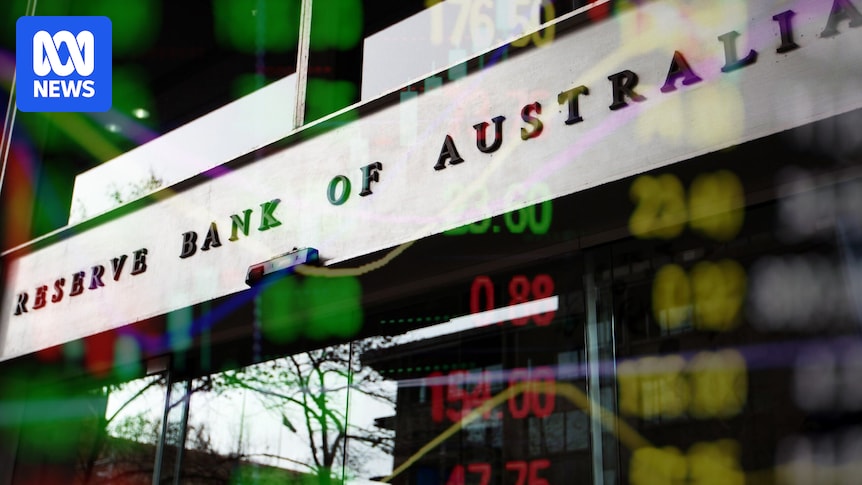
Andrew Hauser, the Reserve Bank of Australia’s deputy governor, has expressed concerns over the potential “profound” impact of Donald Trump’s tariff plans on Australia’s economy. Despite these warnings, financial markets appear to be largely indifferent, with Hauser noting that they have “shrugged and moved on.”
Hauser’s comments come at a time when Trump’s proposed tariffs, including a potential 200% levy on pharmaceuticals and a 50% tariff on copper, are raising eyebrows globally. These tariffs could significantly affect Australia, given its substantial exports of pharmaceuticals to the United States. Yet, the broader financial markets seem unfazed, maintaining stability and even growth.
Historical Parallels and Current Concerns
Drawing parallels to past economic upheavals, Hauser compared the current situation to the aftermath of Brexit. “The day after Brexit happened, everyone thought the world would end, and it didn’t,” he remarked. However, he noted that the long-term effects have been significant, affecting sustainable growth rates and fundamental economic structures in the UK.
Hauser, who has extensive experience from his tenure at the Bank of England during the Brexit fallout, emphasized that the true impact of Trump’s tariffs might take years to manifest fully. “It’s very surprising and puzzling to see a meme developing that says ‘nothing ever happens’ with Trump’s tariffs,” he said, highlighting the ongoing macroeconomic changes.
Global Economic Shifts and Australia’s Response
Hauser’s remarks were part of a speech delivered to the Economic Society of Australia in Sydney, where he discussed the broader shifts in the global economy. He identified the rollback of free trade, shifting geopolitical alliances, climate change, and the need to reinvigorate productivity growth as the “defining macroeconomic challenges of our age.”
In response to these challenges, the RBA plans to refresh its research strategy, focusing on critical questions to support future policymaking. Hauser issued a “call to arms” for Australia to attract and retain top economic talent, urging economists to work on issues of greatest policy relevance to the country.
A Call for a New ‘Golden Age’
Hauser invoked historical periods when Australian policymakers and economists collaborated to address significant economic challenges. He cited the eras from the 1920s to the 1960s and the economic reforms of the 1980s and 1990s as examples of successful economic problem-solving. “Australia needs a third ‘Golden Age’ of economic thinking to navigate the current moment,” he asserted.
Addressing Future Challenges
As the world shifts towards a more regionalized trading system and grapples with climate change, Hauser posed several critical questions for Australian economists. These include understanding changes in export markets, the future of global commodity demand, and the implications for domestic output and investment.
“Understanding the macroeconomic risks and opportunities from these structural changes is a vital priority for research,” Hauser emphasized, underscoring the need for strategic planning to safeguard Australia’s economic future.
Policy and Academic Collaboration
Hauser stressed the importance of collaboration between academics, policy economists, and policymakers to address these challenges. He echoed Danielle Wood’s call for economists to communicate directly and plainly, emphasizing the need for clear and effective dialogue.
Recognizing the inevitability of responding to global trading changes, Hauser concluded, “By marshalling our best brains, we can turn this challenging environment to our advantage. At the RBA, we stand ready to play our part in this great endeavour.”







